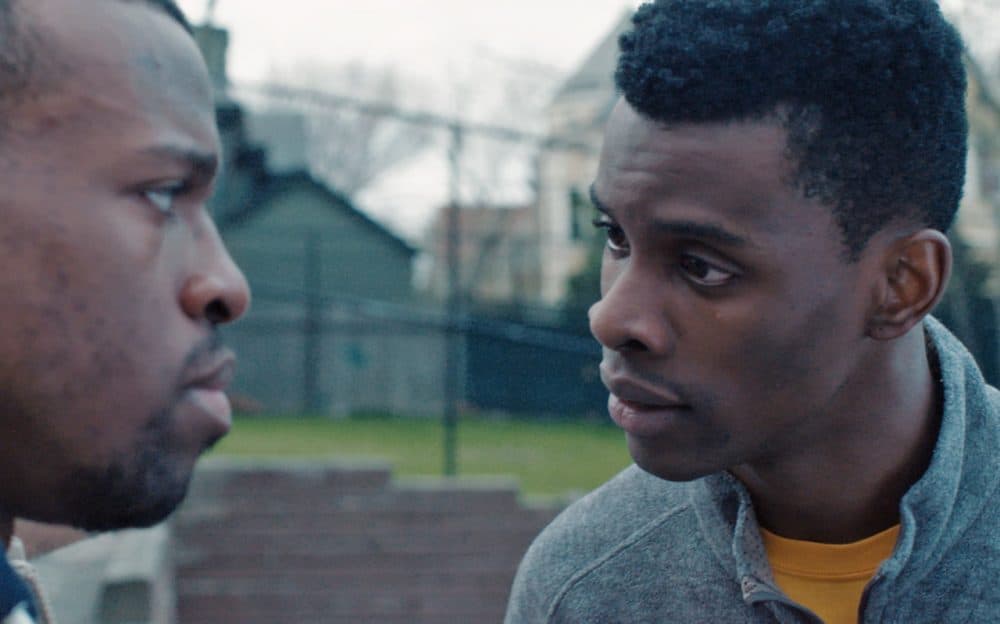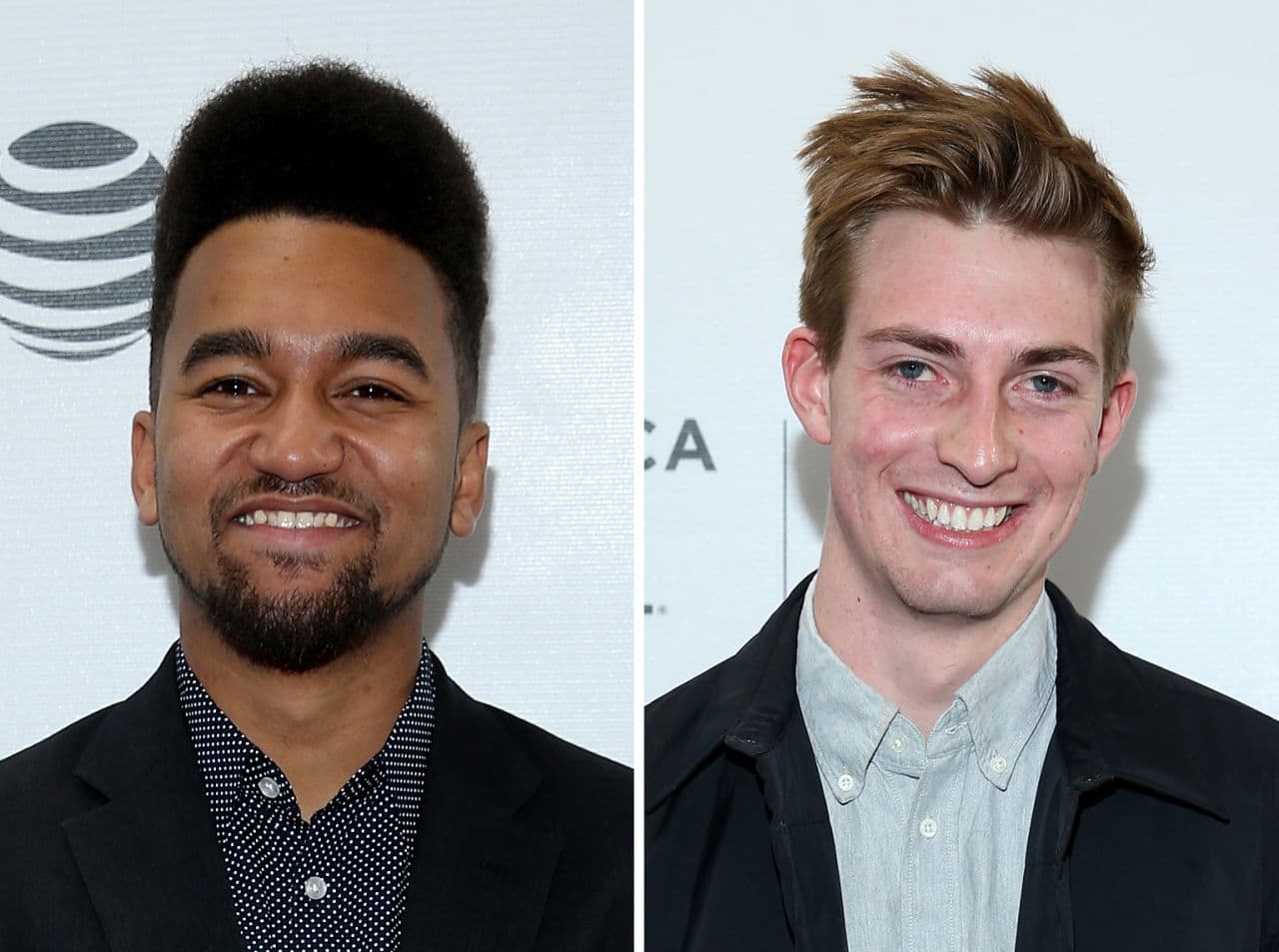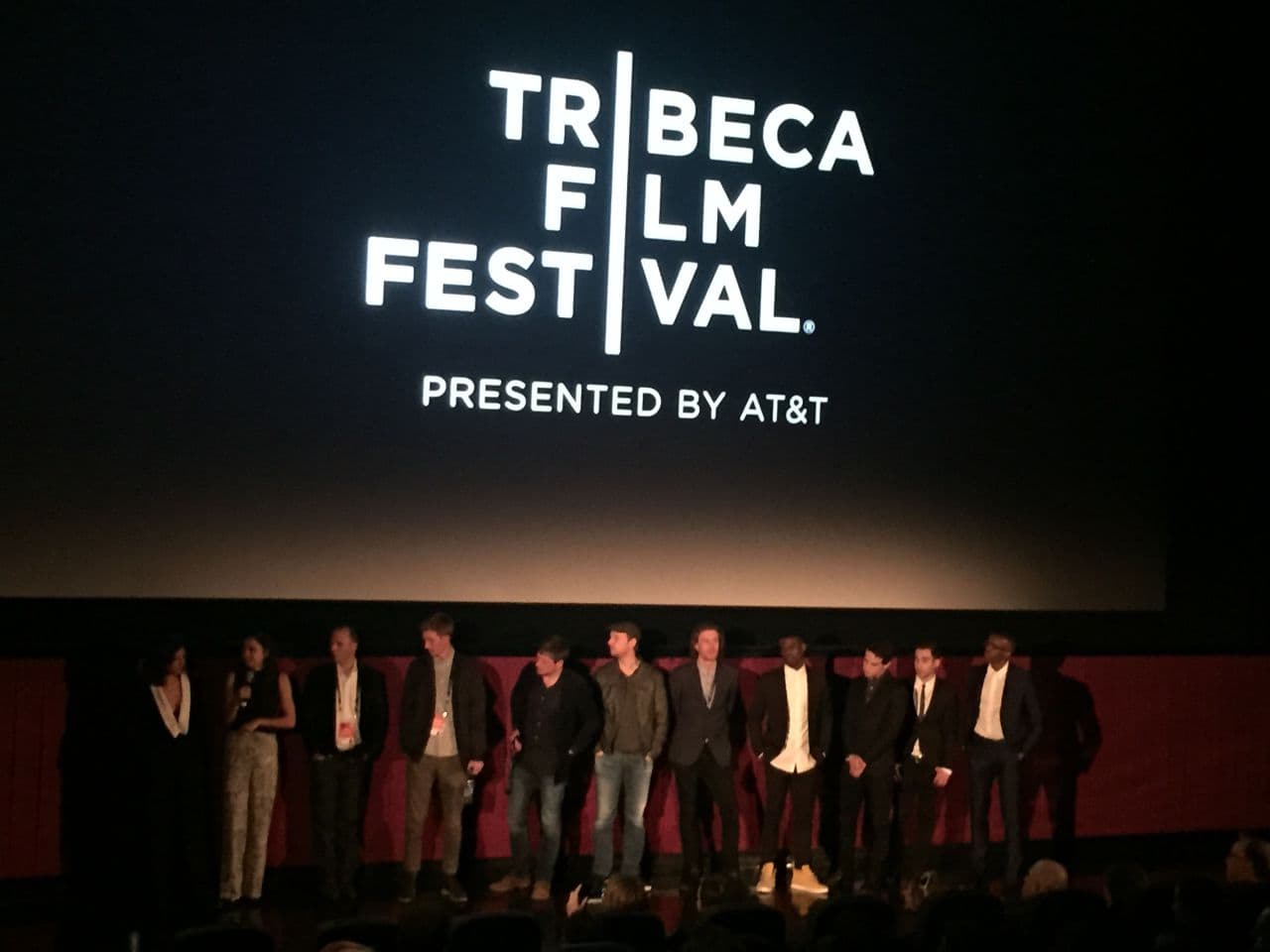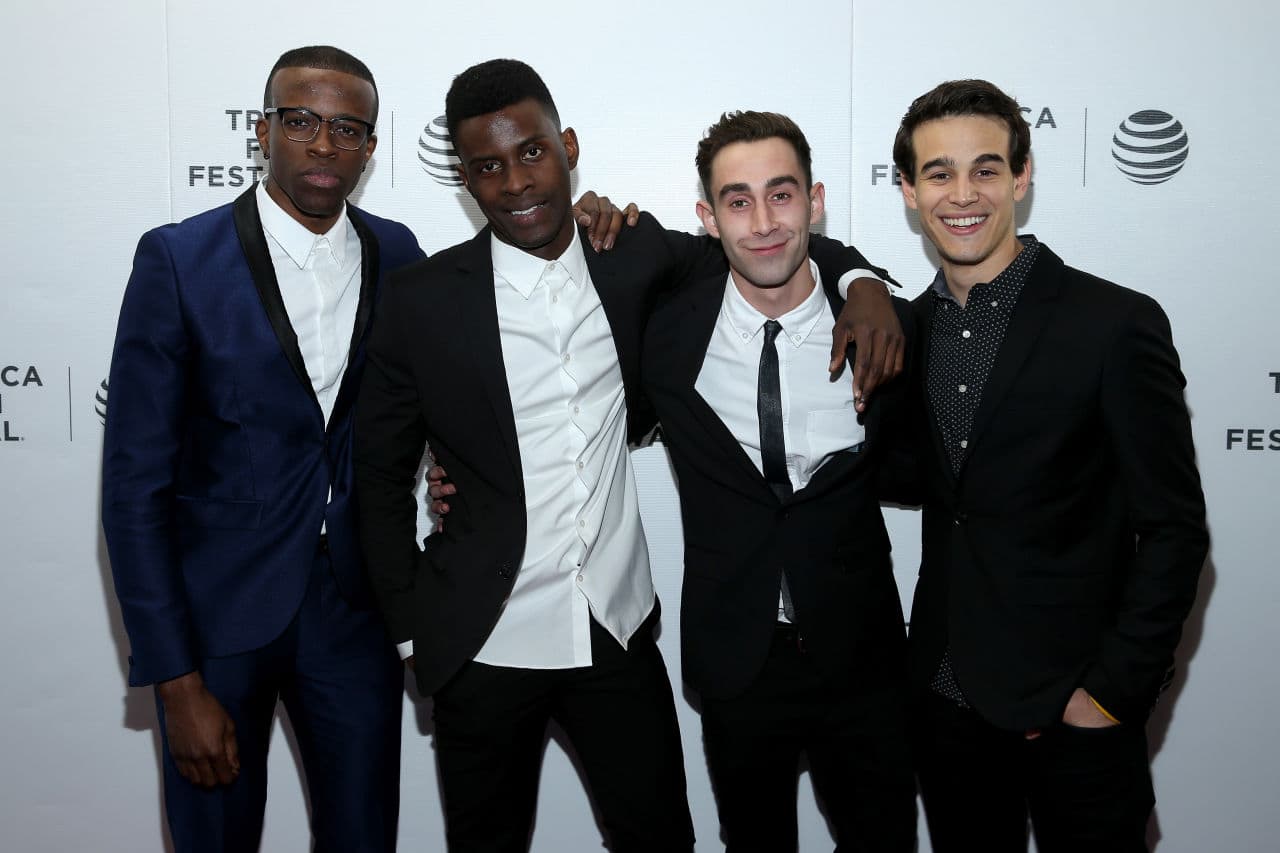Advertisement
Former Friends Of Marathon Bomber Create Film, 'Jahar'
Resume

On April 19, 2013, Boston was on lockdown, the marathon bombers were on the loose, and when their names were released, Zolan Kanno-Youngs realized one of them was his childhood friend, Dzhokhar Tsarnaev, a person he knew as Jahar.
Kanno-Youngs happens to be the nephew of Here & Now host Robin Young, and NPR listeners might remember hearing him speak on-air that day.
Kanno-Youngs and another childhood friend, Henry Hayes, made a short film to work through their feelings about that day. The film, "Jahar," was selected by the Tribeca Film Festival. Robin Young brought us this report.
Note: "Jahar" will be featured on Saturday, April 30 at the Brattle Theater in Cambridge, Mass., as part of the Independent Film Festival Boston. More info here.
Interview Highlights
With the film, were you trying to get at the question of why this happened?
Henry Hayes: "I don't know if it's trying to get at 'why,' so much as 'I don't know,' and that's hard. I spent a lot of time looking for answers, and it's possible that they're out there, but I don't have a good one. So the movie is about, sort of trying to look at that."
On the question of whether Dzhokhar was ever really his friend
Zolan Kanno-Youngs: "What gives me peace in a way is just saying, look, I knew the person that I knew. He was somebody that I did call a friend. I accepted that days after this happened. That was my friend. But that person that he was, he's gone, as soon as he decided to do what he did. That's the thing for me that gives it peace. I can't go back and ask myself, 'was this a sign of this, was this a sign of this,' it will drive me crazy."
On opposition to the film
Kanno-Youngs: "We both understand that there's going to be people out there that wish there was never anything made, from this film to any other project that's being made. But this is a narrative that's true. And it's hard for a lot of people to hear it, but maybe this narrative resonates with a couple people. And also it's therapeutic for us, too."
There's a long line of people ahead of you who are victims of what happened.
Kanno-Youngs: "I've been asked a question - 'Do you consider yourself a victim' - and I don't think either of us would ever put ourselves into a pool of the people that had a family member there, or were there. It's a different kind of pain and it's a pain that I won't compare to the pain that was felt. There is a burden to knowing the person that was involved with this, but it's nothing compared to knowing someone that was there. But it's pain that deserves to be told. Look, we're not going to find out any answers by doing this, but the fact is, in the days after this, there were a lot of people that we know, ourselves included, that felt isolated, felt pain by knowing that someone they had counted on did this. You know, we're both Bostonians as well and now you're stuck in the middle between wondering, can I even be a part of this community that's rallying behind this? Do I feel guilt in a way?"
On people who believe Dzhokhar's classmates protected him or helped make him a terrorist
Kanno-Youngs: "I think that there's this default narrative, in a way, that goes with a terrorist - that they were a sociopath, that they had signs before this. And I know it's hard for people to hear, but this is the hard truth in a way, the fact is there were no red flags. There was nothing.
Hayes: "Everyone wants there to be a pattern. Everyone wants to be able to sort of write it up and quantify it and say 'this is what makes someone a terrorist.'"
Kanno-Youngs: "The film, I think, is about what happens when you task people with those questions: Why did this man do this? How did he become a terrorist? How are we supposed to know that? It's not just the fact that we feel this pain because we knew someone that was involved. We're also from Boston."
You were thinking of going to the finish line that day.
Kanno-Youngs: "I was around the corner, and I started to see people running the opposite direction as I was going towards the finish line. And I remember seeing a couple people crying. I remember seeing one person sprinting past. So I don't want to say I was there at the finish line, but I was..."
Do you think about that? It could have been any of you.
Kanno-Youngs: "I think that's where some of the pain also comes in. Somebody asked me the question the other day, 'Are you trying to be compassionate for Jahar.' And the thought came into my head - I was a couple minutes away from Jahar blowing me away... I don't know, it's impossible not to think about everything, to think about the marathon. The advice I get from everyone is just like 'oh you know, go have fun, like enjoy this week,' and frankly it's not been a lot of fun. It's been really hard."


Reporter
- Robin Young, co-host of Here & Now. She tweets @hereandnowrobin.
This segment aired on April 22, 2016.